Our Travel blog
|
The first second-hand bookshop in Hay opened in 1962 (some sources say 61) and the town hasn't looked back since. It presently boasts around 30 second-hand bookshops as well as all the cafés and other businesses that cannot seem to resist selling them as a by-line. The first Hay Festival took place in 1988 and from an audience of fewer than 1,000 people it now attracts up to 250,000 visitors. Although still firmly anchored in literature the line-up is varied; authors mingling with comedians and singers/bands in an eclectic mix. It’s a bit like Radio 4 brought to life. Incidentally, for absolutely no reason other than I found it mildly diverting, the town of Hay is twinned with Timbuktu. Our Hay Festival experience started closer to home on the impressive festival site, a brisk 10 minute walk from the town centre, with a stewards induction and tour of the site. It gave us a chance to meet some of our fellow stewards, a mixture of festival veterans and novices like us. The site is arranged in a grid with a variety of stages, plenty of meeting and milling around areas, a big food court and some traders, not least of which is the very large festival bookshop - which we were delighted (certainly more excited than our bank managers) to find offered a 20% discount for stewards. The first couple of days were partly set aside for school children. Thursday's junior school kids were a delight and really got involved. It helped that some authors delivered exciting and energetic talks that kept the young crowd engaged. Friday was the turn of the senior school children, who ranged from those who looked younger than the junior school crowd to those who were indistinguishable from their teachers. One of our duties was to take the roving microphones around the audience for people who wanted to ask questions of the authors. We found the children’s enquiries incisive, relevant and brief; three terms not always true of the adult audiences. Quite how some authors keep their cool when faced with banal and irrelevant queries is beyond me. Alison witnessed one very well-known author patiently explain that the way to become an author is to start writing, a thought that hitherto hadn’t occurred to the questioner since they freely, and without apparent embarrassment, admitted that although they wanted to be an author they had never actually written anything. Surely the correct response to such inanity is to beat the questioner to a pulp with your latest book? But apparently that’s frowned upon. Our principal duty during our 6 day stint was crowd control at the main stage, a 1700 seat venue with a queuing system of varying success. Generally the team of stewards managed to hold up to 1700 people outside, clear out the previous house, collect rubbish and then sit the next house in a 30 - 40 minute time-slot. All this while answering queries, directing people, explaining venue changes, collecting lost property, grabbing a crafty coffee and generally being the smiley helpful face of the festival, overseen by the calm and knowledgeable venue heads and their deputies. We also stewarded a tour of the castle, which was really interesting at the time, but now we cannot recall much detail except that part of the castle gate is a circa 13thC original. Lastly we escorted a farm visit where we learned just how complicated growing apples for cider can be and how important and complex keeping bees is. The bee keeping bit particularly fascinated me because I've fancied keeping a hive or two for a while. It came as a bit of a shock to learn that they don't deliver jars of the stuff fresh to your breakfast table each morning as payment for letting them park their hives on your lawn. In fact it’s a wonder we have any bees left with the array of interesting but deadly viruses, pests, predators and pesticides they are vulnerable to. Hats off to the earnest folk who keep them and have the patience to milk the stripy little buggers every morning so that we can enjoy honey on our toast and polish on our tables. It's not really in the spirit of this blog to review the appearances and shows we saw; particularly as some we caught only snippets of between general duties and grabbing food and drink. Nevertheless what follows is a precis of those we witnessed in more than passing, just to give a flavour of the variety of the Hay Festival:
Step back from the hubbub, ignore the organic asparagus stall, pass by the food court serving lobster, skirt the Daily Telegraph newspaper booth and find the families enjoying each other’s company, serious bibliophiles balancing coffee and an open book, older men wearing mustard trousers and a twinkle in their eye exchanging views with young women in inadvisable footwear, earnest bespectacled students furiously annotating well-thumbed works with broken spines, women of a certain age and girth gliding down the aisles like galleons under sail, and excited children clutching treasured signed editions by favourite authors to their chests. All were alive to the world of imagination, discovery and the simple pleasure of a good book. If literature gives us the opportunity to grow, to learn, to imagine and to experience the world through others eyes, then maybe the Hay Festival provides a gateway to a more civilised world. Long may it run.
1 Comment
Sheryl Walpole
6/14/2016 01:42:04 pm
It was lovely to meet you both at Hay and I've enjoyed reading your blog. It's really very well written - perhaps you should write a book!
Reply
Leave a Reply. |
IntroductionThank you for stopping by and reading our blog. If you don’t know who we are, what we are doing and you're wondering what this is all about you can read up on our project here. Archives
November 2017
Categories |
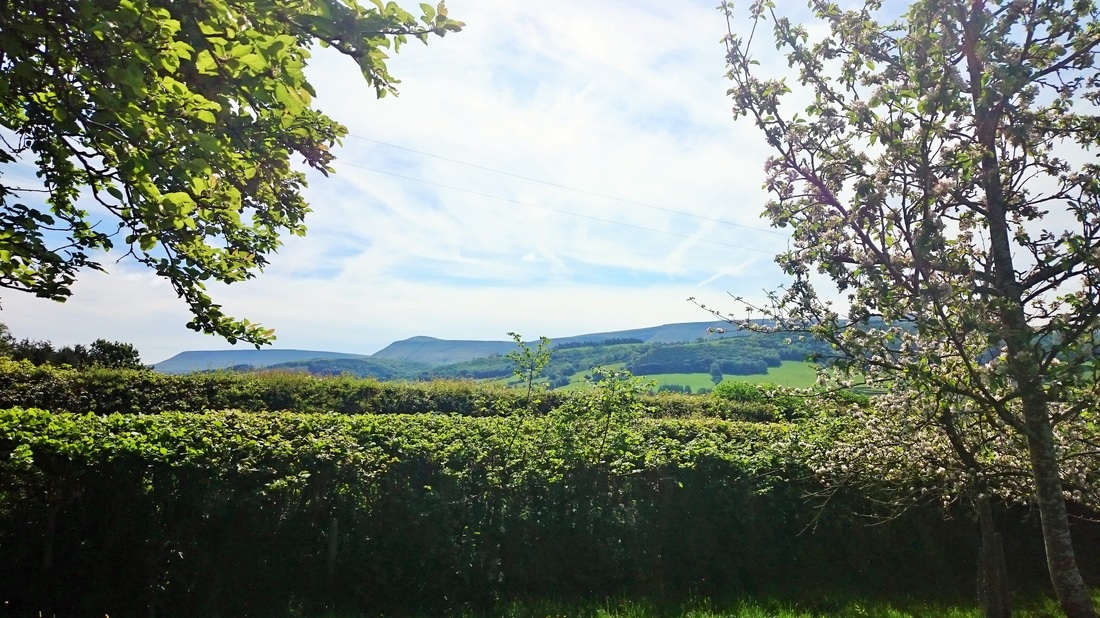
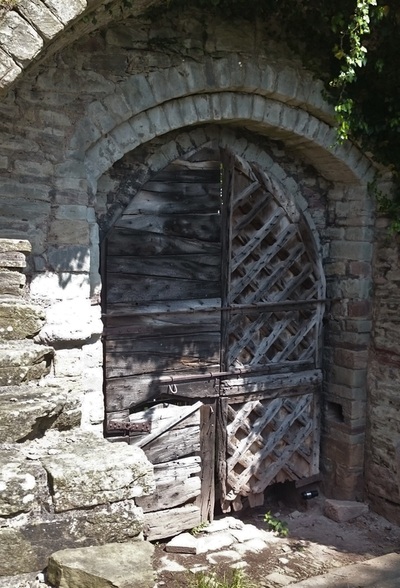
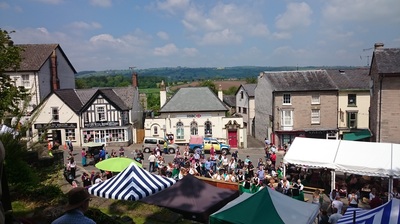
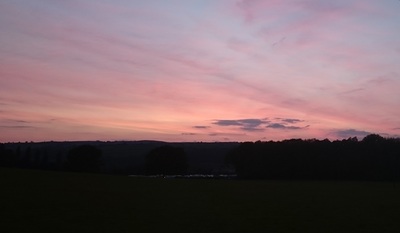
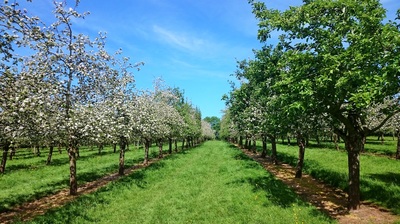
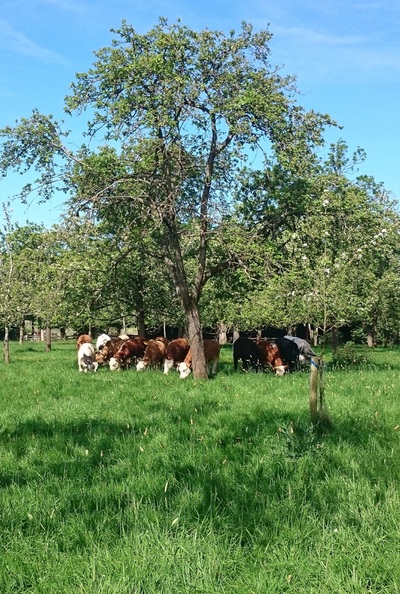
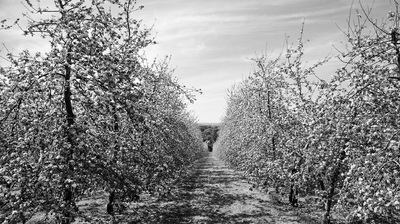
 RSS Feed
RSS Feed
